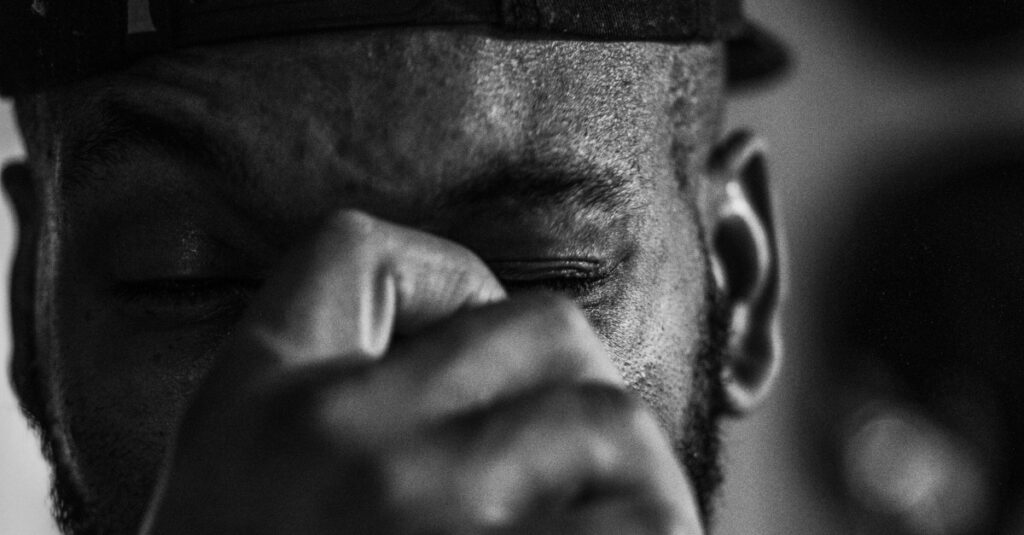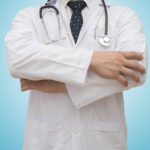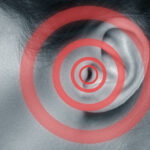What are the symptoms of high blood pressure? It is when the readings of your blood pressure monitor show anywhere between 140-175/90-110. They call hypertension a silent killer, because it may not display any symptoms, until too late. The symptoms that may point to high blood pressure include those listed below. Blood pressure is not necessarily the reason behind these symptoms. The causes of high blood pressure are described here, below are the symptoms:
Dizziness
A person who feels dizzy may experience various sensations, such as faintness, wooziness, weakness, or unsteadiness. Hence, the feeling of spinning or moving is caused by vertigo when you experience dizziness.
Nervousness
The stress response in your body causes nervousness. Further, an imagined or perceived threat triggers a series of hormonal and physiological responses. By boosting adrenaline production, your body prepares to fight or flee a threat
Sweating
The sweat glands in the body release liquid when they sweat. Salt is present in this liquid. Perspiration is another name for this process. Your body stays cool by sweating. It is common to find sweat under the arms, on the feet, and on the palms of the hands.
Trouble sleeping
Insomnia is a condition in which you have difficulty sleeping on a regular basis. That is why, if you change your sleeping habits, it usually gets better. Insomnia can be caused by stress, an irregular sleep schedule, poor sleeping habits, mental health disorders like anxiety and depression, physical illnesses and pain, medications, neurological problems, and specific sleep disorders.
Facial flushing
The result of increased blood flow is a sudden reddening of the face, neck, or upper chest. Sometimes flushed skin indicates an underlying health issue, but it is usually harmless. The flushing should be seen by a doctor if it is becoming more frequent or getting worse.
Blood spots in the eyes
The medical term for this condition is subconjunctival hemorrhage. Under the clear surface of your eye (conjunctiva), a tiny blood vessel breaks. It’s similar to having a bruise on your skin. Blood gets trapped in the conjunctiva because it is unable to absorb blood quickly.
Blurred vision
The things you see will not appear sharp and clear if you have blurred vision. Blurred vision may affect both eyes or just one eye, depending on what is causing it. In some cases, everything you see will be blurry, while in others, only part of your field of vision will be blurry.
Nosebleeds
Nosebleeds occur when the tissue lining your nose leaks blood. In their lifetime, 60% of people will experience a nosebleed. Due to its location in the middle of the face and its large number of blood vessels close to the surface, the nose is an easy target for injury and bleeding.
Shortness of breath
Dyspnea, or shortness of breath, is commonly described as a feeling of suffocation, a tightening of the chest, difficulty breathing, and difficulty breathing. In a healthy individual, shortness of breath can be caused by strenuous exercise, extreme temperatures, obesity, and higher altitudes.
Chest pain
There are many types of chest pain, from sharp stabs to dull aches. There are times when chest pain feels crushing or burning. In some cases, the pain travels up the neck, down the jaw, and then down the back or one or both arms. Furthermore, chest pain can be caused by a variety of different problems, not only by high blood pressure.
Headaches
Headaches are pains in any part of the head. It is possible for headaches to occur on one or both sides of the head, to be isolated to one location, to radiate across the head from one point, or to feel viscous. It may manifest as a dull ache, a sharp pain, or a throbbing sensation.






